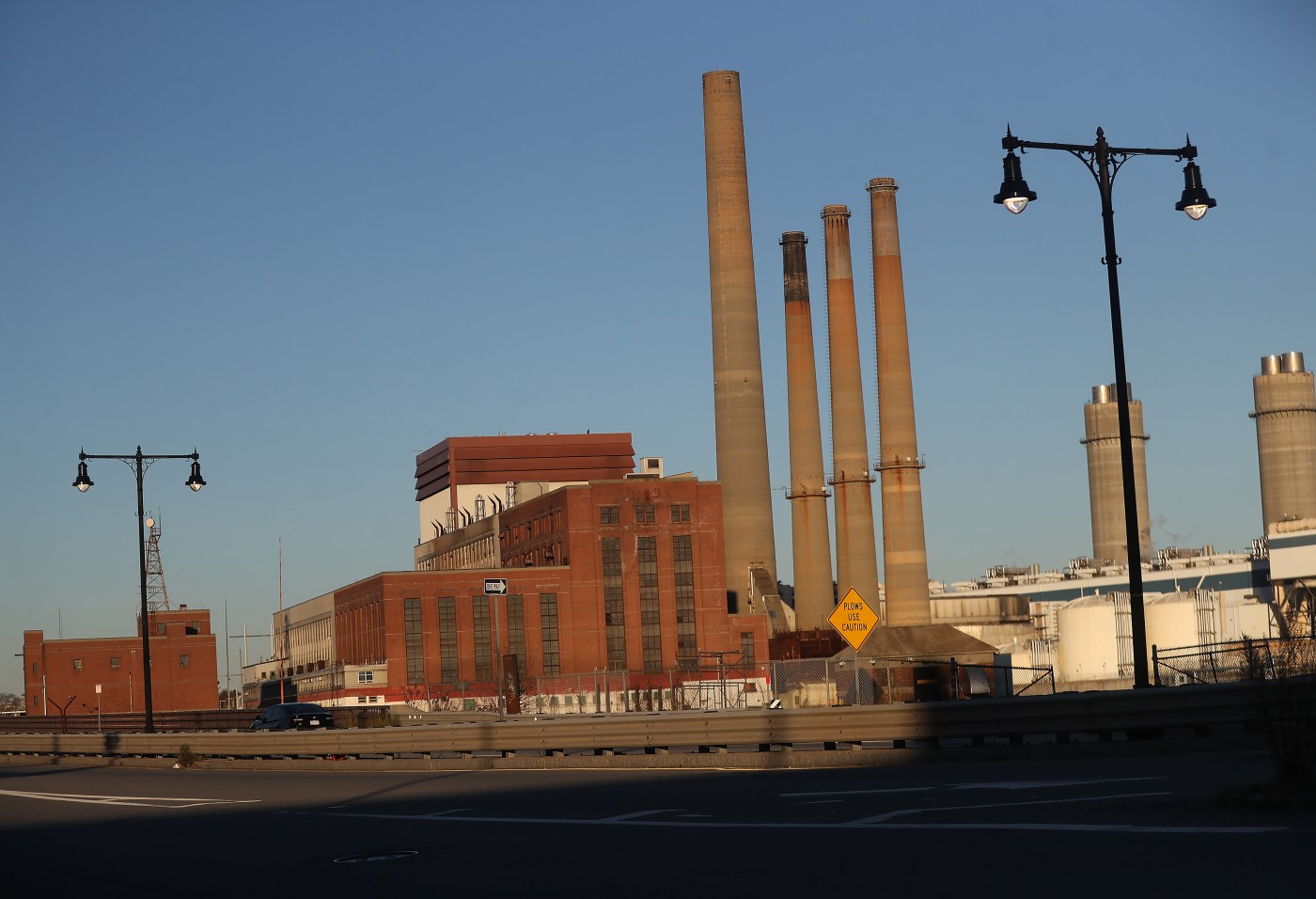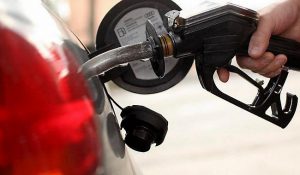
Everett soccer stadium still on the table; senator vows to file standalone bill
Don’t rule out a dilapidated industrial site in Everett being transformed into a soccer stadium just yet.
State Sen. Sal DiDomenico has vowed to file a standalone bill at the State House that would contain language to help kickstart construction of a soccer stadium and waterfront park along the Mystic River, removing the 43-acre site as a Designated Port Area.
DiDomenico, Everett Mayor Carlo DeMaria and other supporters say the DPA status, which restricts properties from being used beyond maritime purposes, is blocking the city from “realizing the benefits” that a remediation project could generate.
The standalone bill that DiDomenico said he will be filing will include the same language that lawmakers ultimately left out of the $3.1 billion budget bill Gov. Maura Healey signed last week.
DiDomenico made clear to the Everett City Council on Monday that the bill is only requesting the DPA designation be detached from the site, opening up more opportunities for the public to weigh in on the property’s future.
If the community opposes the vision for the site, the DPA status would be reinstated, with the property going back to maritime use, the senator said.
“As the state senator for this community who strongly believes that we can do something special on that land, I am going to file that bill,” DiDomenico said. “I am going to make sure we have all of our ducks in a row to make sure and convince the people at the State House that the city of Everett doesn’t want this industrial past to continue.”
“I know, with all of my heart, as a resident of this community,” he continued, “this project will be transformational, not just for the environmental aspects of it but the economic impact of this community as well.”
The Senate had backed the proposal’s inclusion in the supplemental budget, DiDomenico said, with the House ultimately removing the language from advancing as lawmakers focused on the migrant crisis and pay raises for public employees at the last minute.
House budget writer Rep. Aaron Michlewitz had said lawmakers had a “lot of unanswered questions” about what environmental impacts a potential stadium could have on the area.
“There was a lot of confusion coming from the environmental groups,” Michlewitz had told reporters. “Some said they supported it, some said they were against it. I think we still have a lot of things to iron out and flush out.”
DiDomenico rebuked reports that DeMaria and the city of Everett had made a deal on the stadium with the Kraft Group, Robert Kraft’s holding company looking to move the New England Revolution from Gillette Stadium, closer to Boston.
Rather, environmental groups, he said, initiated talks with Kraft, driving the negotiations on a memorandum of agreement entered last month. Some of the community benefits, along with the $600 million, 25,000-seat stadium, include a community center, a housing stabilization fund, and four acres for a waterfront park, among others.
Leaders behind the push say that Kraft has promised he’d pay north of $50 million to remediate the site. Officials will be decommissioning the Mystic power plant on the property in 2024.
Senate President Karen Spilka told the Herald on Tuesday she sees a soccer stadium providing a “boost” to tourism, recreation, economy and environment. There’s still a lot of work to be done for the project to become reality, she highlighted, with public hearings and permitting.
“It would be a win-win, I believe, for the Commonwealth in many different ways – a win not only for Everett but Boston,” Spilka said. “It would be hundreds of millions of dollars of private investment.”
In a Herald column earlier this month, DeMaria outlined how although the proposal calls for just 75 on-site parking spaces, officials would look to invest in “the critical expansion of public transit.”
DeMaria, in a statement Tuesday, said he is in full support of DiDomenico’s “continuing legislative efforts to address this issue.”
“I am going to continue to advocate to state leaders that a lower income, minority-majority community like Everett deserves the chance to explore such a transformational economic development opportunity,” he said.
Leaders in Everett are still optimistic that a soccer stadium and waterfront park could become reality, transforming a contaminated industrial site. (Nancy Lane/Boston Herald)


